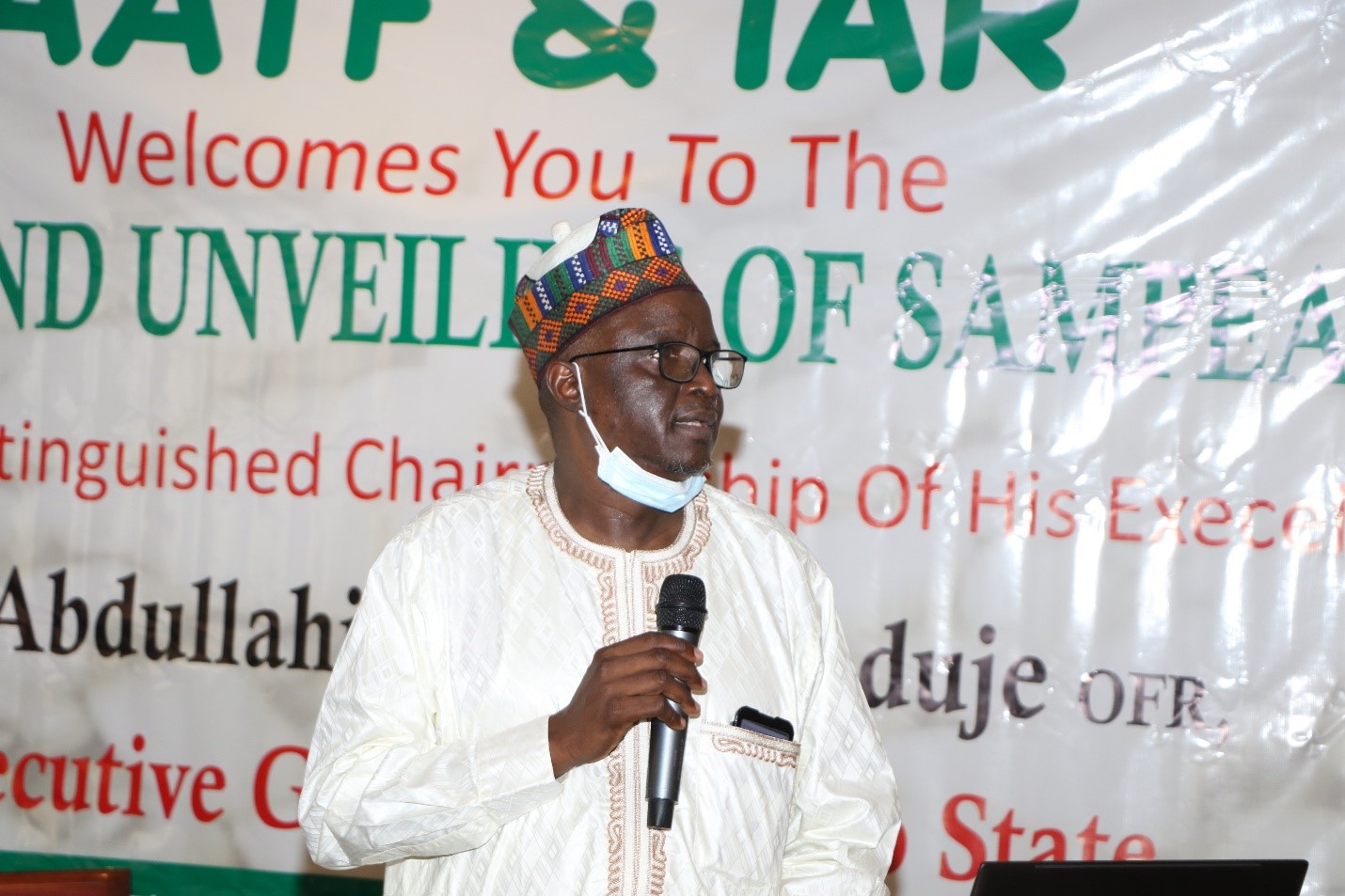The Institute for Agricultural Research, Ahmadu Bello Zaria has said that the launch of the new bean variety called SAMPEA 20-T is a very significant scientific and economic achievement for the improvement of the production of beans for Nigerians.
Prof. Mohammad Ishiyaku, IAR Executive Director said at the launch in Kano on 29th June 2021: “The economic benefit of this variety ranges from the savings our country will make from the excessive use of chemical insecticides which are imported thereby saving foreign exchange. It is estimated that between 17 to 21 billion Naira will be saved annually from the reduction of the use of chemicals insecticide in the production of beans in our fields by planting this new variety instead of the non-resistant one”.
Prof. Ishiyaku who is the Principal Investigator for the Pod Borer Resistant Cow Project that bred the new variety also said SAMPEA 20 -T can protect itself against the destructive effect of Maruca insect which has been known to cost up to 80 per cent yield loss on farmers’ field.
“Additionally, this new variety has a yield margin of between 15 to 25 per cent compared to conventional varieties currently in cultivation by farmers. The total benefit from the yield increase from SAMPEA 20-T is estimated at 46 billion Naira every year if one million hectares of our land is grown with this variety,” he said.
He called on the government and the private sector to invest hugely in research, stressing that the result will significantly turn around the economy. “This is one area where research has contributed immensely to solve the problem of food insecurity. Cultivation of this new variety by our farmers will therefore reduce the cost of cowpea in our market which has skyrocketed in recent times. This will no doubt expand access to this protein-rich food material contributing to enhanced nutrition among our populace, especially in children”.
“It is an exemplary example where public sector can leverage on the capacity of private sector to solve societal problems. The gene for which this variety was developed was donated to our Institute on royalty-free and that this variety is developed for the common good of resource-poor farmers in Nigeria”.



















































































